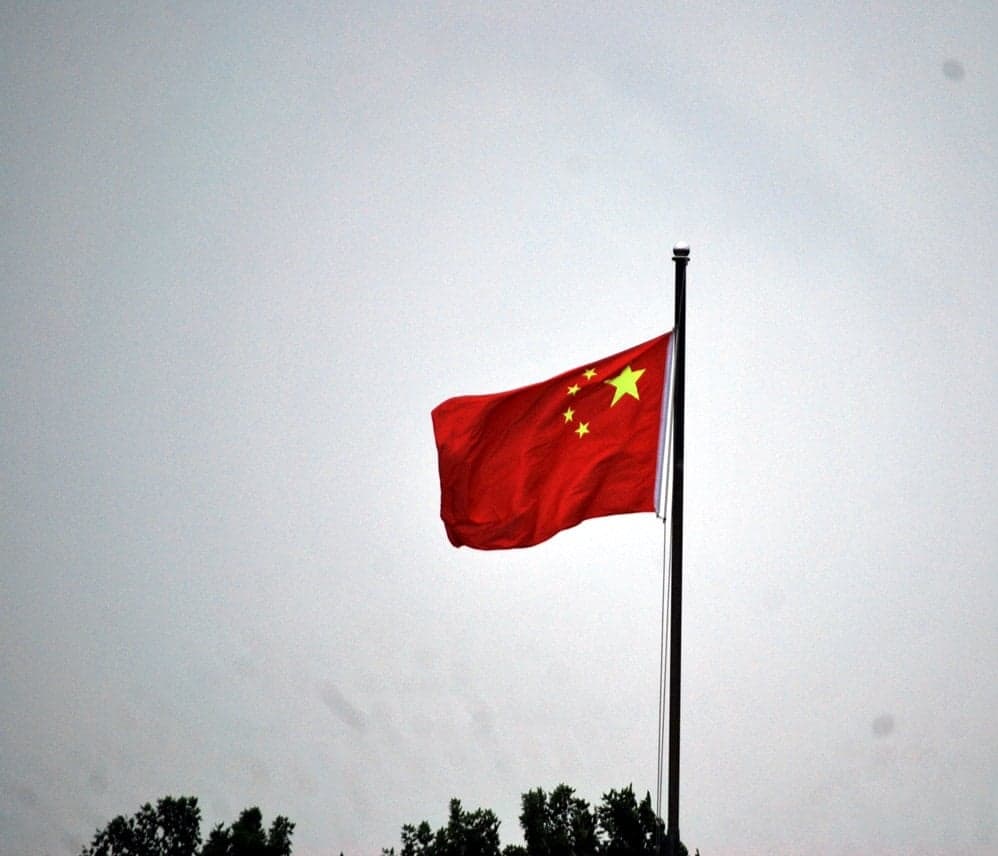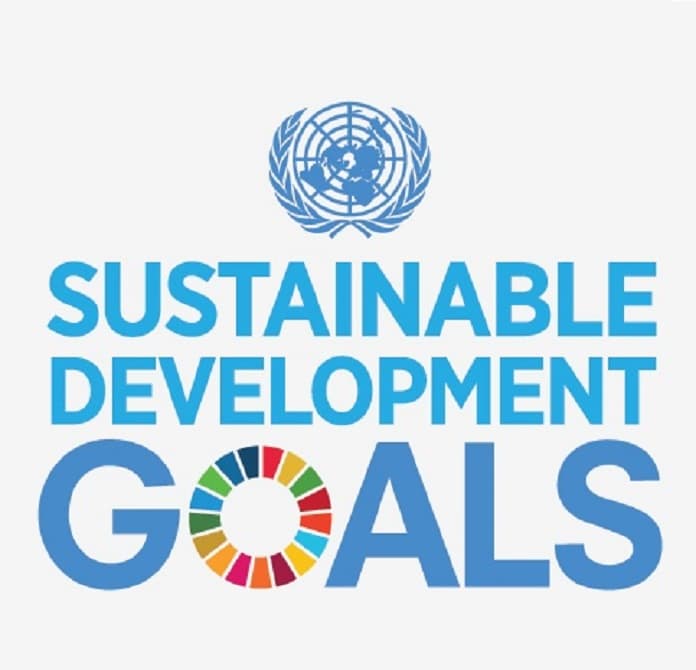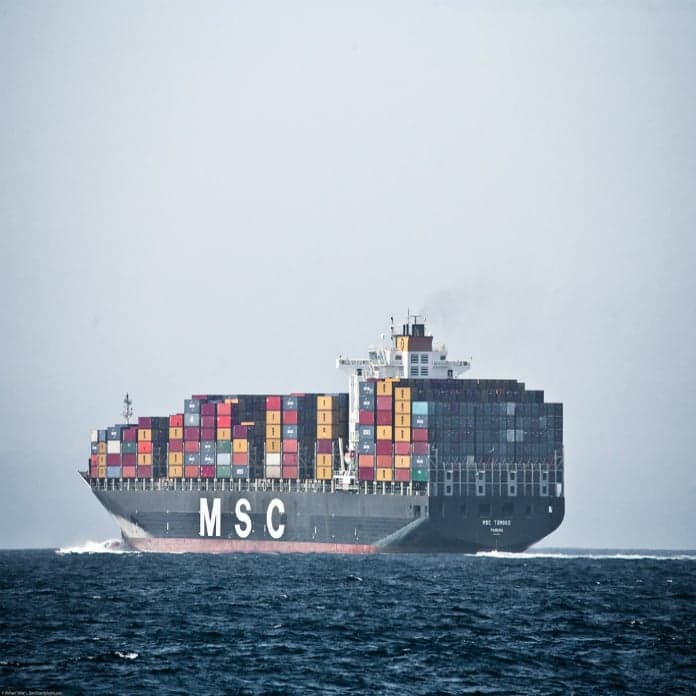About a year into second his term, President Obama called Max Baucus, Montana’s then recently retired senior senator and offered him the job as the country’s senior diplomat to China. He readily accepted.
Thus began what Baucus says is the most interesting and demanding job of his career. So, it was with high expectations that I recently attended that annual Zeidman Lecture in Washington, D.C., at which former Ambassador Baucus was featured. He promised several times during the evening to “cut to the chase,” and largely did, telling the audience that China is the most important relationship the U.S. has, the rough patch happening now is likely to get rougher, but he’s optimistic that things will get better—eventually, and if neither county does “something stupid.”





